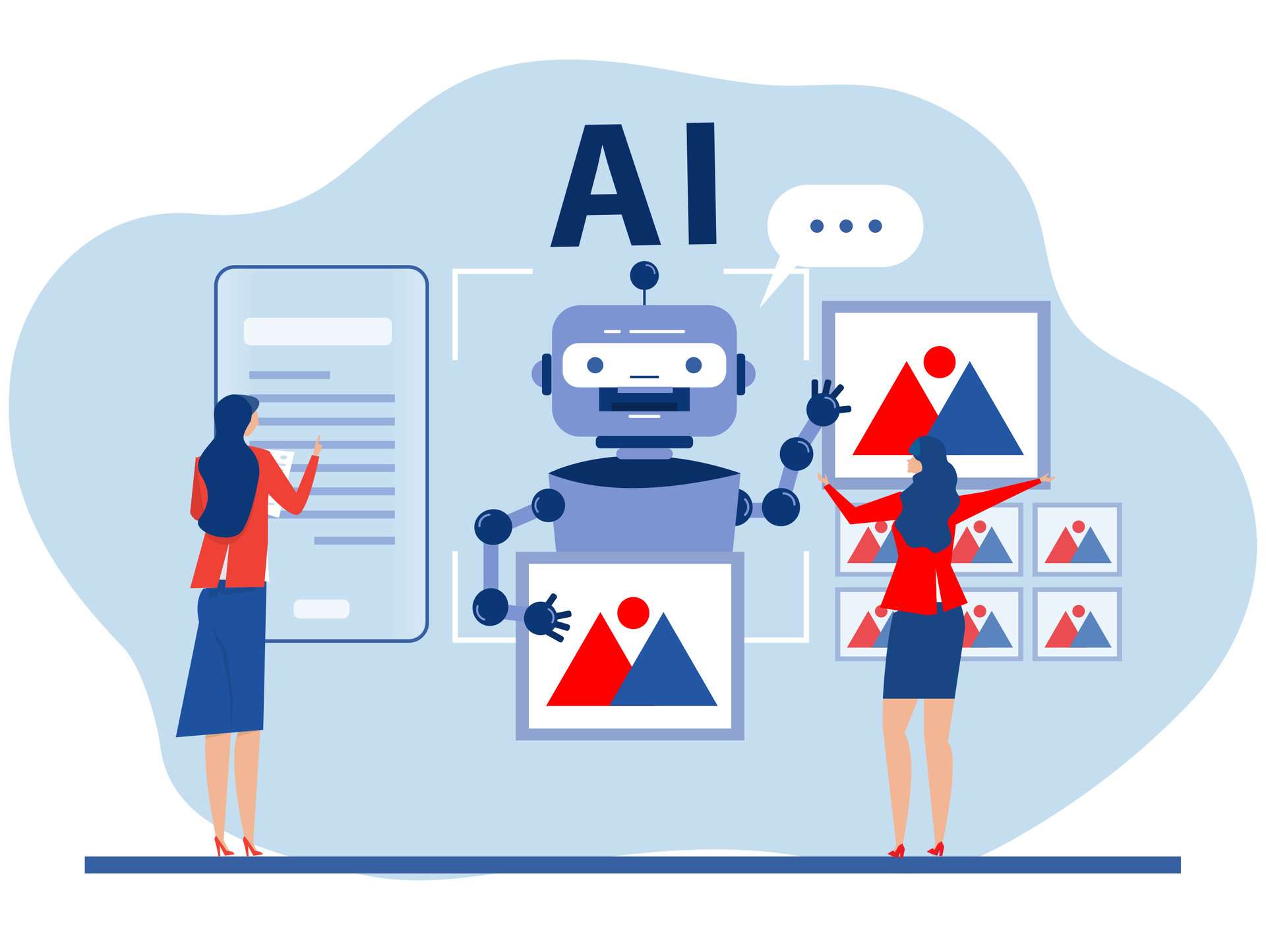
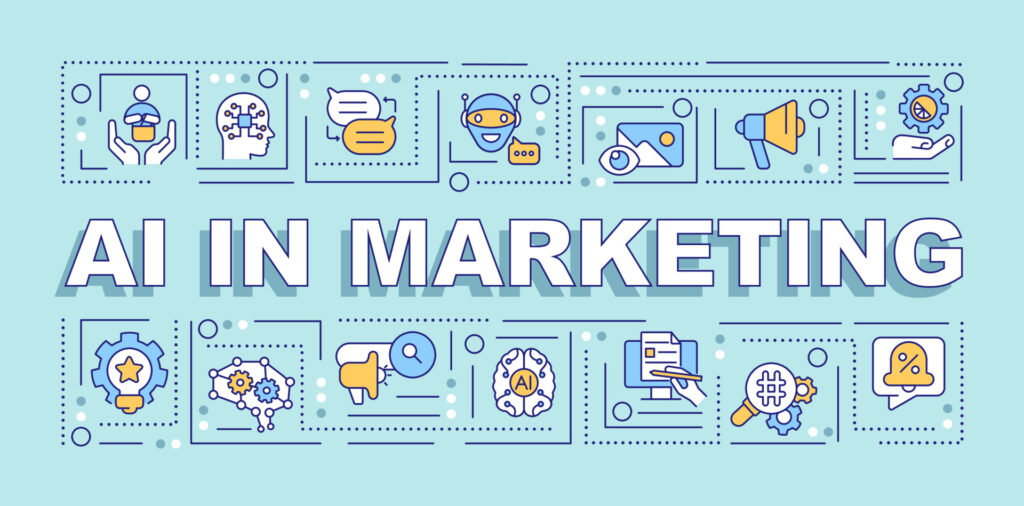
Artificial intelligence (AI) and machine learning (ML) are revolutionizing the digital marketing landscape, enabling businesses to enhance their strategies with automation, personalization, and data-driven decision-making. This article provides a comprehensive overview of current practices, methods, tools, and their impacts on the workforce, alongside the pros and cons and what the future holds for AI and ML in digital marketing.
Current Practices and Methods
Predictive Analytics
- Practice: Businesses utilize AI-driven predictive analytics to forecast customer behavior and trends. By analyzing historical data, businesses can anticipate future actions and tailor their marketing strategies accordingly.
- Tools: Solutions like Google Analytics 4 and IBM Watson offer robust predictive modeling capabilities.
Personalization
- Practice: AI enables hyper-personalization of marketing content, allowing businesses to deliver tailored experiences based on individual preferences, behaviors, and demographics.
- Tools: Platforms like Dynamic Yield and Persado utilize AI algorithms to customize email campaigns, homepage content, and product recommendations.
Chatbots and Virtual Assistants
- Practice: Many businesses employ chatbots to provide customer support, answer queries, and guide users through purchasing processes, enhancing user experience.
- Tools: Solutions like Drift, Chatfuel, and Intercom enable the creation of intelligent chatbots that can engage customers 24/7.
Content Creation and Curation
- Practice: AI tools can automate content creation by generating blog posts, social media updates, and marketing copy based on specified guidelines and data insights.
- Tools: Tools like Copy.ai and Writesonic leverage machine learning to generate high-quality written content quickly and efficiently.
Social Media Monitoring and Sentiment Analysis
- Practice: AI systems analyze social media conversations to gauge public sentiment about brands and products, enabling companies to adjust their marketing strategies.
- Tools: Brands often use platforms like Brandwatch and Meltwater for comprehensive social media analytics and sentiment tracking.
Programmatic Advertising
- Practice: AI algorithms automate the buying and placement of ads, targeting specific audiences in real-time to optimize ad performance and reduce costs.
- Tools: Platforms like The Trade Desk and AdRoll facilitate programmatic ad purchasing and audience targeting through AI-driven insights.
Email Marketing Optimization
- Practice: AI analyzes user behavior to optimize email subject lines, send times, and content for better engagement rates.
- Tools: Solutions like Mailchimp and HubSpot utilize AI to refine email marketing strategies based on user interactions.
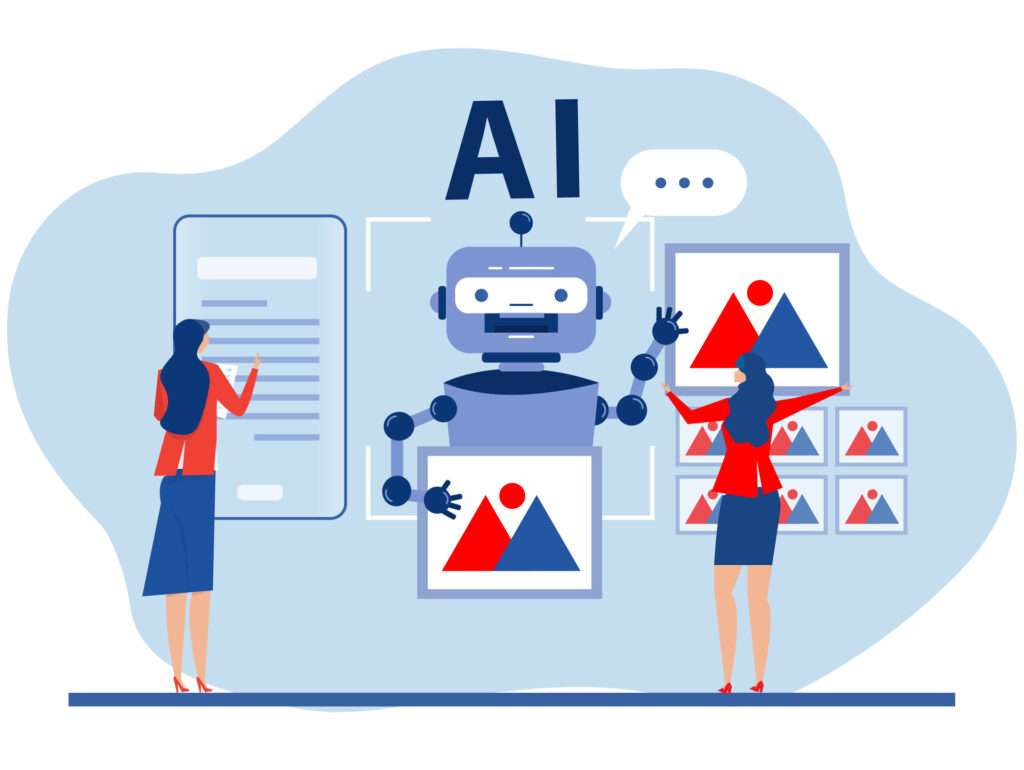
Impacts on the Workforce
The integration of AI and ML in digital marketing will significantly reshape the workforce:
- Skill Shift: As traditional marketing tasks become automated, marketers will need to develop new skills in data analysis, AI technology, and strategic thinking to remain relevant.
- Job Creation: While some routine positions may be at risk, new roles focusing on AI strategy, data management, and ethical AI implementation will emerge.
- Collaboration with Technology: Marketers will increasingly work alongside AI tools, using them to augment their insights and drive smarter decision-making.
- Continual Learning: The rapid evolution of AI technologies will necessitate ongoing training and education for marketing professionals to keep pace with industry advancements.
Pros and Cons of AI and ML in Digital Marketing
Pros:
- Increased Efficiency: Automation of repetitive tasks allows marketers to focus on strategic initiatives, enhancing overall productivity.
- Data-Driven Decision Making: AI’s data analysis capabilities lead to more informed marketing strategies and better ROI.
- Personalization at Scale: Brands can deliver tailored experiences to vast audiences using AI-powered insights, improving customer satisfaction and loyalty.
- Cost Savings: Programmatic advertising and automation can significantly reduce marketing costs and wastage.
Cons:
- Data Privacy Concerns: Increased reliance on data collection raises ethical concerns around consumer privacy and consent.
- Skill Gaps: Marketing professionals may struggle to acquire the advanced technical skills needed to harness AI effectively.
- Over-Reliance on Algorithms: Solely relying on AI-generated insights may lead to a lack of human creativity and intuition in marketing strategies.
- Job Displacement: Automation may threaten certain job roles within marketing, particularly entry-level positions that perform routine tasks.
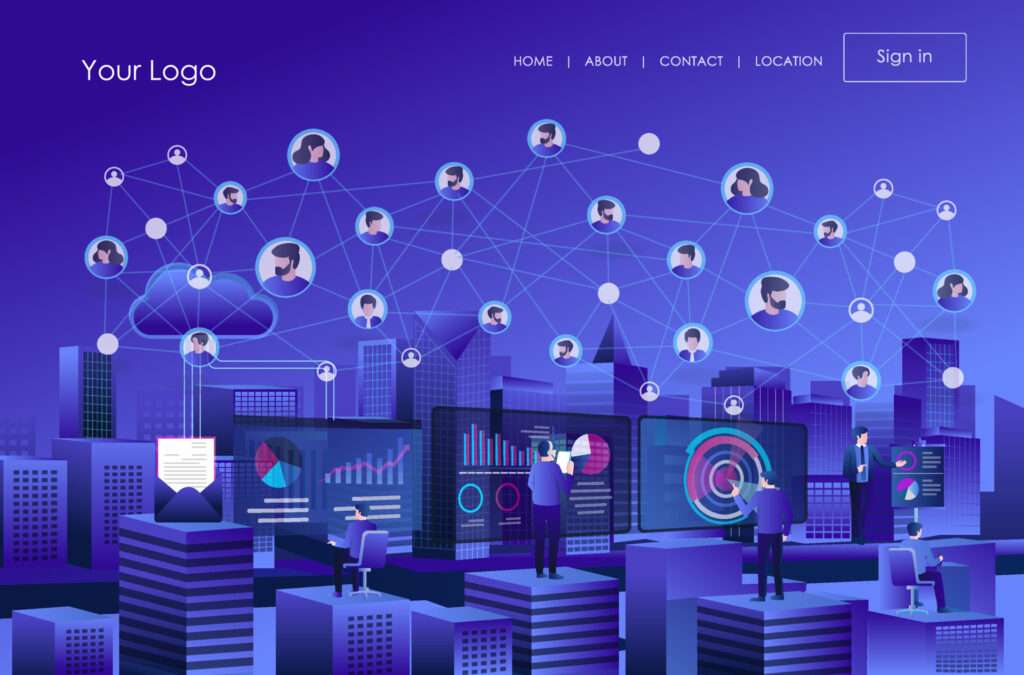
Future Expectations
As AI and ML continue to advance, several trends are expected to shape the future of digital marketing:
- Greater Integration of AI: AI will be embedded in more marketing tools and platforms, enabling seamless user experiences and hyper-targeted campaigns.
- Enhanced Customer Experiences: With improved AI technologies, brands will deliver increasingly personalized and engaging interactions with consumers across multiple touch points.
- Focus on Ethics and Compliance: Companies will need to prioritize ethical AI practices, ensuring transparency in how consumer data is collected and used. This will include adherence to regulations around data privacy and ethical marketing, fostering trust between brands and consumers.
- Real-Time Personalization: As AI capabilities improve, the potential for real-time personalization will expand, allowing brands to adjust their offerings on-the-fly based on user interactions and behaviors, leading to even more relevant engagements.
- Development of AI-Driven Insights: Marketers will increasingly leverage AI to derive actionable insights from massive amounts of data, enhancing their strategic planning and campaign execution. Advanced analytics platforms will translate these insights into more effective marketing strategies.
- Human-AI Collaboration: The future workforce will likely emphasize collaboration between human creativity and AI efficiency. Marketers will leverage AI tools while bringing their unique human insights and experiences to craft compelling campaigns that resonate on a deeper level with consumers.
- Expansion of AI Tools and Platforms: The growing demand for AI-driven marketing solutions will lead to an increase in specialized tools and platforms tailored to specific marketing needs and industry niches, making AI more accessible for businesses of all sizes.
- Emphasis on Training and Upskilling: Companies will invest in training and development programs to equip their marketing teams with the necessary skills to effectively utilize AI technologies. Marketers will require a blend of analytical, technological, and creative competencies.
- AI-Enhanced Customer Support: Continued advancements in AI will lead to more sophisticated customer support systems that can resolve issues quicker and more efficiently. This will improve customer satisfaction and loyalty while reducing the strain on human customer service agents.
- Interdisciplinary Approach: The collaboration between marketing, data science, and IT departments will become more pronounced, with marketers increasingly relying on technical expertise to implement AI strategies effectively.
Conclusion
Artificial intelligence and machine learning are not just buzzwords—they are transformative forces that are reshaping the digital marketing landscape. By automating repetitive tasks, providing deep data insights, and enabling hyper-personalization, these technologies empower marketers to craft more effective strategies and enhance customer experiences. While there are challenges to consider, such as data privacy concerns and the need for workforce adaptation, the evolution of AI and ML presents immense potential for innovation and growth.
As we move into the future, the integration of AI will continue to deepen, driving both new opportunities and responsibilities for marketers. Embracing these changes, equipping teams with the necessary skills, and prioritizing ethical practices will be essential for long-term success in the ever-evolving world of digital marketing. The proactive approach to these trends will not only foster resilience among marketing professionals but also contribute to a more dynamic, responsive, and customer-centric marketplace.


